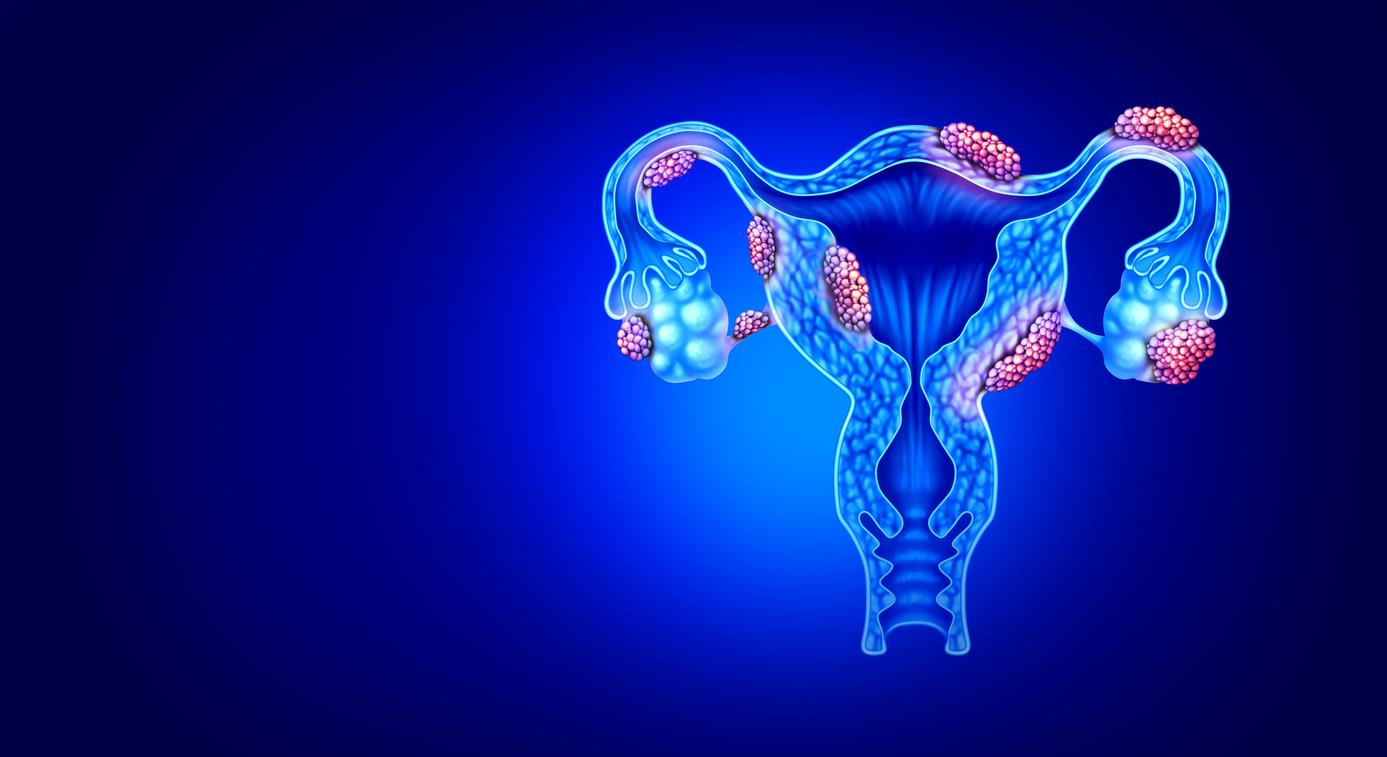Inflammatory pain response may be impaired in patients with Alzheimer’s disease,

- Musculoskeletal pain is common in Alzheimer’s patients but may be underestimated by the patient’s difficulty in communicating.
- A study also shows that Alzheimer’s disease causes an alteration in the perception of pain.
- Untreated pain in affected patients can worsen the psychiatric symptoms of the disease.
Musculoskeletal pain is common in patients with Alzheimer’s disease, but cognitive impairment can often prevent reporting of this pain. Caregivers and doctors often have to spot subtle signs in patients that may indicate they are in pain as they may have difficulty communicating effectively.
An altered pain response in patients with Alzheimer’s
A new study from King’s College London suggests that the inflammatory pain response may be impaired in patients with Alzheimer’s disease. The researchers studied mice modeling Alzheimer’s disease and found that they have a different response to inflammatory pain.
Alzheimer’s mice lack a protein called TLR4, which makes them unable to respond to pain in the typical way. The researchers also found that inhibiting the Gal-3 protein alleviated inflammatory pain in wild-type mice, but not in Alzheimer’s mice. This discovery could pave the way for new treatments for chronic pain in patients with Alzheimer’s disease.
The importance of pain treatment in Alzheimer’s patients
The results of this study are encouraging as they could lead to new treatments for chronic pain in patients with Alzheimer’s disease. But the results of this study were obtained in the laboratory in mice modeling Alzheimer’s disease, and more research is needed to determine whether the results can be extrapolated to humans. If so, it could pave the way for a more personalized approach to treating pain in patients with Alzheimer’s disease.
For the latter, finding ways to relieve their pain is essential for their general well-being but also to slow the progression of the disease itself. Untreated pain can indeed contribute to the psychiatric symptoms of the disease.


















